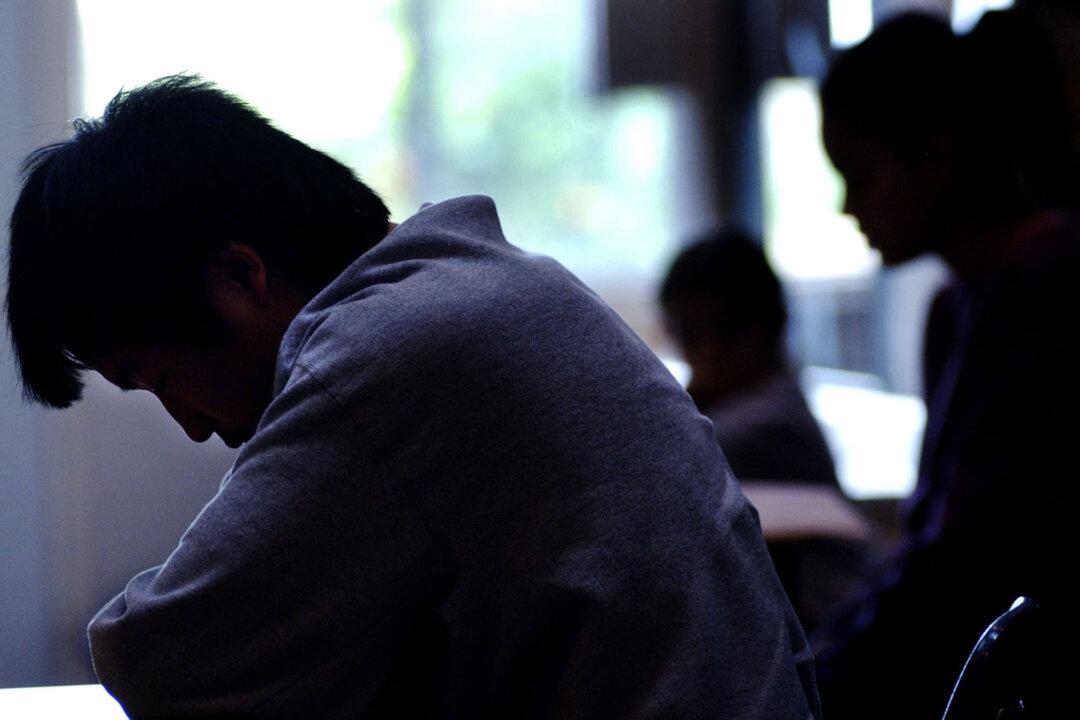Some juvenile offenders in California will soon have the option of going to a youth court that uses “restorative justice practices,” after Gov. Gavin Newsom signed legislation into law Aug. 20.
Senate Bill 1005, authored by Assemblywoman Angelique Ashby, aims to “put young people back in control of their future, keeping low-level youth offenders out of the formal justice system through the use of juvenile justice courts,” the Sacramento Democrat said in a recent post on Instagram.





